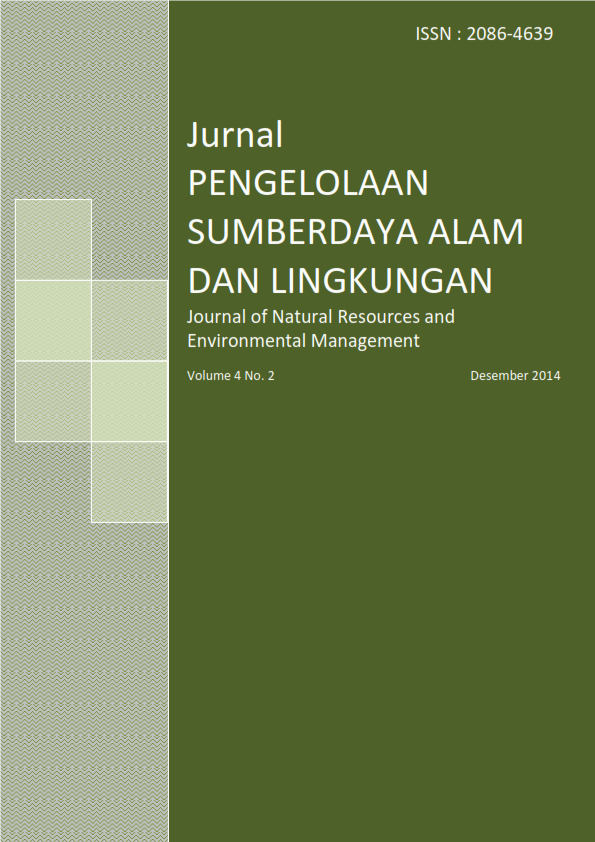ANALISIS PENGELOLAAN LINGKUNGAN PABRIK KELAPA SAWIT BATU AMPAR - PT. SMART Tbk. DALAM IMPLEMENTASI INDONESIAN SUSTAINABLE PALM OIL
Abstract
Indonesian Sustainable Palm Oil (ISPO) is a standard system of sustainable palm oil plantations in Indonesia are economically viable, socially viable and environmentally friendly which is compulsory in accordance with the regulations. This study aims to analyze the environmental management performance in palm oil mill Batu Ampar and formulate the performance optimization based on the ISPO requirements. The evaluation shows that the company can meet the 38 indicators related to environmental management with some of the achievements include utilization of renewable energy sources that generate energy by 5.0664 million KWh, amounting to 1,677,615.89 liters of diesel fuel savings, reduction in CO2 emissions by 70.63 Kg / ton CPO, chemical fertilizers worth saving Rp.5.750.080,00 / ha / year. The optimization strategy for continuous improvement which is based on the SWOT analysis include: the selection of accredited laboratories, improve the performance of Waste Water Treatment Plant, planned to construct methane capture, optimizing the utilization of solid waste, optimizing the reduction of hazardous waste, provide input in determining government policy, and training routine related to environmental management to improve the competence of personnel.
Keywords: environmental management, optimization, performance, sustainableAuthors
Authors who publish with this journal agree to the following terms:
- Authors retain copyright and grant the journal right of first publication with the work simultaneously licensed under a Creative Commons Attribution License that allows others to share the work with an acknowledgement of the work's authorship and initial publication in this journal.
- Authors are able to enter into separate, additional contractual arrangements for the non-exclusive distribution of the journal's published version of the work (e.g., post it to an institutional repository or publish it in a book), with an acknowledgement of its initial publication in this journal.
- Authors are permitted and encouraged to post their work online (e.g., in institutional repositories or on their website) prior to and during the submission process, as it can lead to productive exchanges, as well as earlier and greater citation of published work (See The Effect of Open Access).






